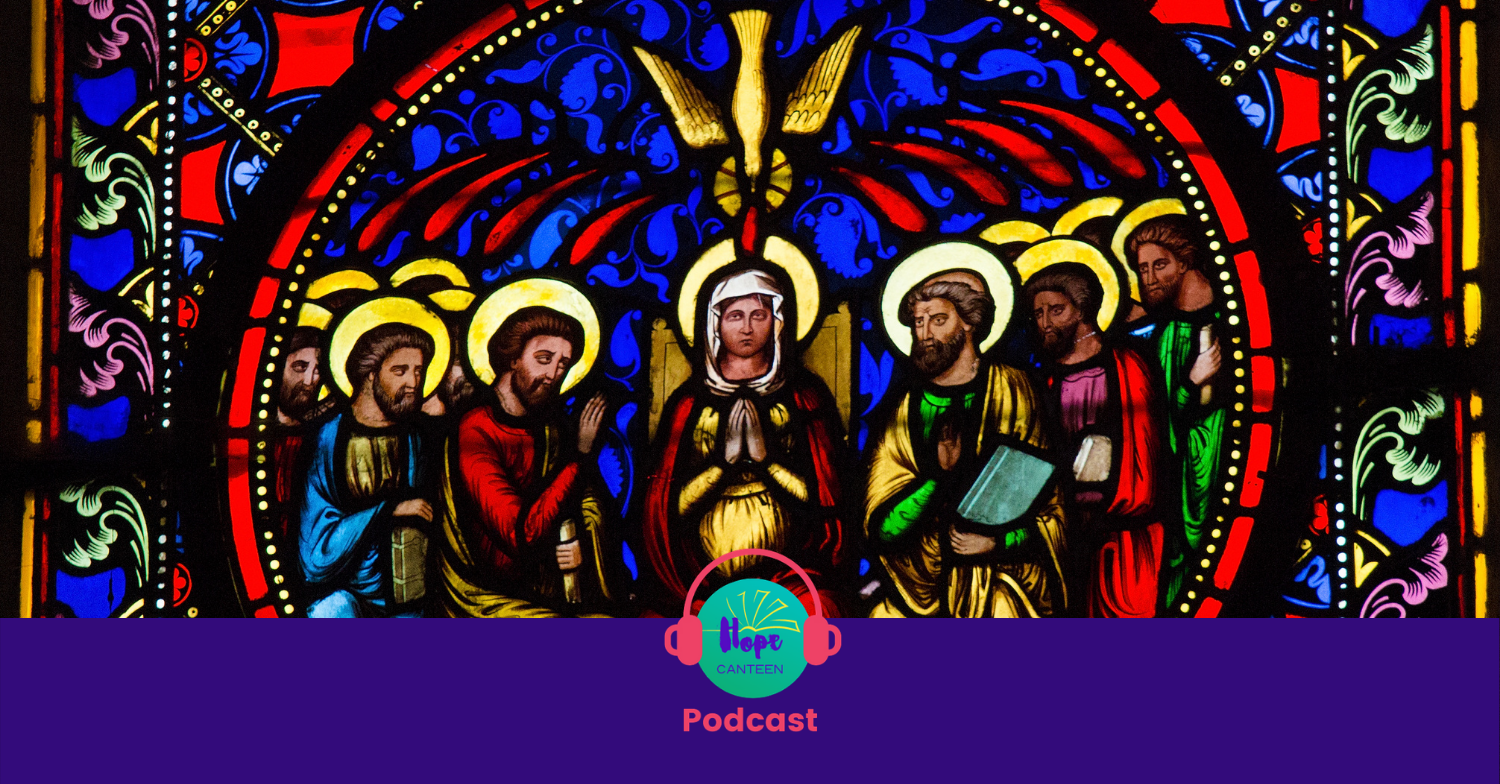Can anyone really understand the Holy Trinity? Many people have fought and wrestled and argued over how to understand God through the many different ways that God is revealed in the Scriptures.
We approach this topic from two angles this week. First is the Gospel reading from John 3:1-17. Nicodemus comes to Jesus at night to try and figure out what Jesus is all about. Jesus doesn’t give a direct answer. Instead, he talks about the Holy Spirit, and God’s only Son given for the love of the world.
A Long Struggle to Articulate the Nature of God Faithfully
From there, the church through time has extended and developed its understanding of the nature of God through prayerful study in community. You may have noticed that the word trinity doesn’t actually appear in this reading, nor indeed anywhere in the Bible. Jesus just talks about God, the Son, and the Spirit, but he doesn’t say anything about how they all relate. Are they the same? Are they different? That was left for the following generations to wrestle with.
So, we must turn to how Christians have articulated the one God as three ‘persons’ in the centuries that followed. This is the reason we celebrate Trinity Sunday, the great feast of the church that takes place this week.
Knowing God More Through Understanding the Holy Trinity
Don’t make the mistake of assuming this is just a dry, dusty intellectual exercise! Indeed, the doctrine of the Trinity is the best way the Christian faith has found to capture the heart of a God who is both perfectly united and relationship-driven, willing to dive into the messiness of human existence. Paradoxically, the mystery of the Holy Trinity gives us the clearest possible picture of who God is, and who we are in relationship to God.
Please join us around the virtual table this week for this celebration of God as unity and trinity: Father, Son and Holy Spirit.








